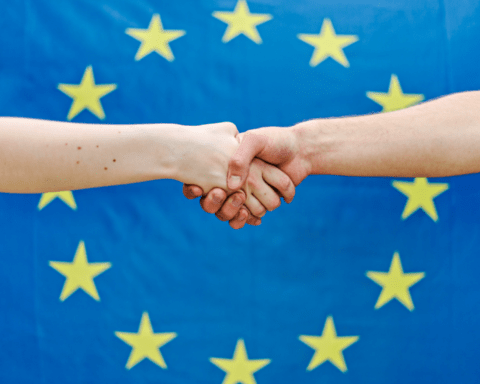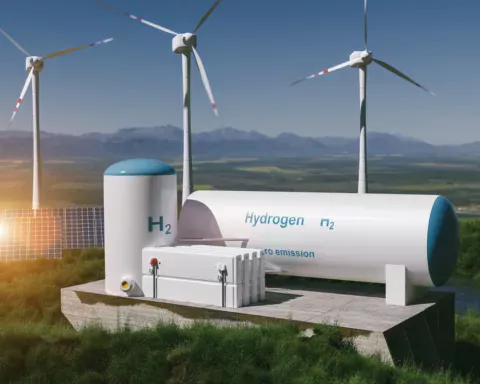The Forum will take stock of the unprecedented challenging situation caused by the coronavirus pandemic and its strong socio-economic impact on the nine EU outermost regions and discuss recovery solutions for a targeted response to the crisis. In line with the European Green Deal, the Forum will focus, in particular, on climate action and biodiversity, circular economy and blue economy as key areas for the recovery of these regions.
The Outermost Regions Forum is a high-level, multi-stakeholder event hosted every three years by the Commissioner responsible for cohesion policy. It brings together the Presidents of the outermost regions, the Ministers/Secretaries of State of their three Member States and of the Council Presidency, high-level representatives of the European institutions and experts interested in learning from the experience of these EU regions.
Ahead of the Forum, Commissioner for Cohesion and Reforms, Elisa Ferreira, said: “The Commission as a whole is strongly committed to providing tailor-made support to the outermost regions across its various policies. I am deeply concerned about the impact of the coronavirus crisis on these remote regions, which were hit particularly hard, especially in the transport and tourism sectors. This is why I am keen to discuss how to support these regions’ recovery within our dedicated strategy, which remains fully valid and allows us to adapt our measures to the unprecedented situation and help to bring much needed growth and jobs to these regions”.
Commissioner for Internal Market, Thierry Breton, highlighted the importance of seizing all available means to boost outermost regions’ economic recovery: “NextGenerationEU must benefit those who have been the most affected by the crisis, such as the EU outermost regions. I encourage our outermost regions to seize NextGenerationEU to exploit their unique assets to recover from the crisis stronger and to diversify their economies for a stronger resilience. The outermost regions can count on our support”.
Commissioner for Environment, Oceans and Fisheries, Virginijus Sinkevičius, added: “Outermost regions have strong natural assets – unique biodiversity, rich renewable energy sources – that they can exploit to recover from the crisis and into the path of a greener and more sustainable economy. I am committed to shape circular economy and biodiversity solutions tailored to the outermost regions, also by enshrining their specificities in our Green Deal actions. In turn, I count on these regions to contribute to our greening efforts by becoming circular economy champions“.
Background
The nine EU outermost regions are Guadeloupe, French Guiana, Martinique, Mayotte, Reunion Island and Saint-Martin (France), the Azores and Madeira (Portugal) and the Canary Islands (Spain).
Due to the specific challenges that the outermost regions face, the Treaty on the Functioning of the European Union (Article 349 TFEU) provides specific measures to support them, including tailor-made conditions for the application of EU law in these regions and for access to EU programmes.
Scattered across the Atlantic Ocean, the Caribbean basin, Latin America and the Indian Ocean, the outermost regions provide the EU with unique assets: rich biodiversity, strategic location for space and astrophysics activities, extensive maritime economic zones, and proximity to other continents. In October 2017, the European Commission adopted a Communication for a renewed strategic partnership with the EU outermost regions. The Commission undertook to enshrine their interests and concerns in policy-making – including in EU funds and programmes – to provide tailor made support and to foster dialogue between all relevant actors.
Two and a half years later, in March 2020, the results of a report on the implementation of the renewed strategic partnership with the EU’s outermost regions showed that this strengthened partnership is a success. Building on the outermost regions’ strongest assets, regional and national actions are now up and running to foster growth in areas such as agriculture, the blue economy, biodiversity and circular economy, energy, research and innovation, employment, education and training, digital accessibility, transport and cooperation with neighbours. The report suggests to focus efforts on addressing climate change, protecting biodiversity, introducing circular economy and boosting renewable energy.






